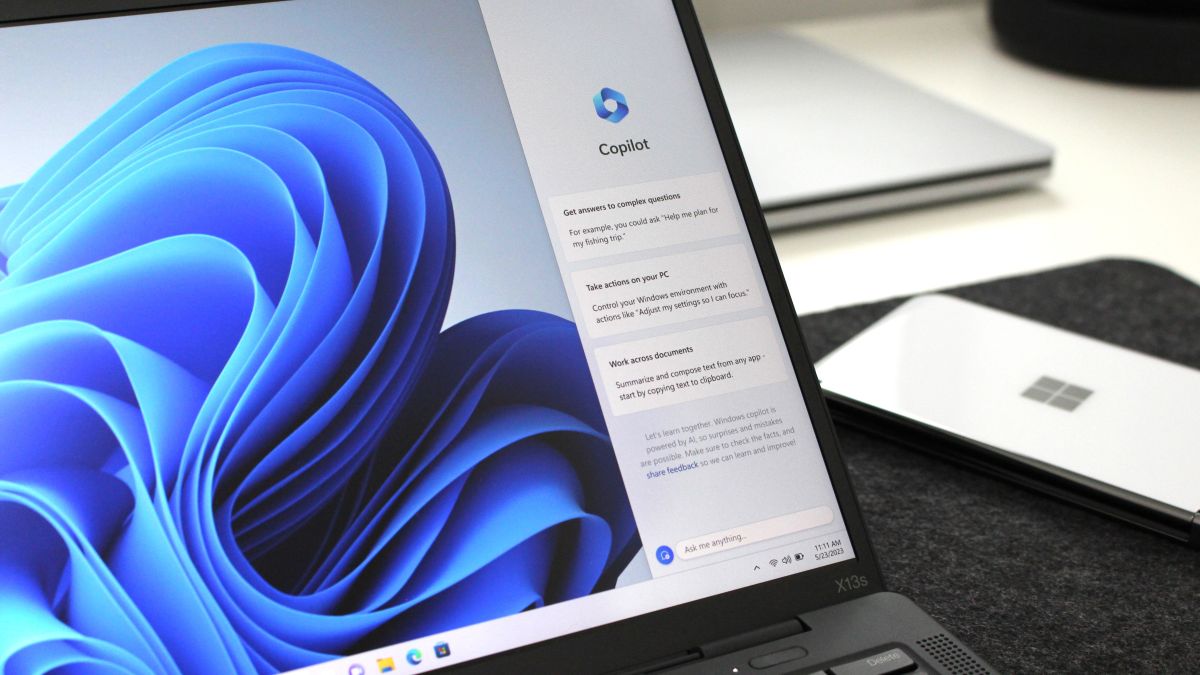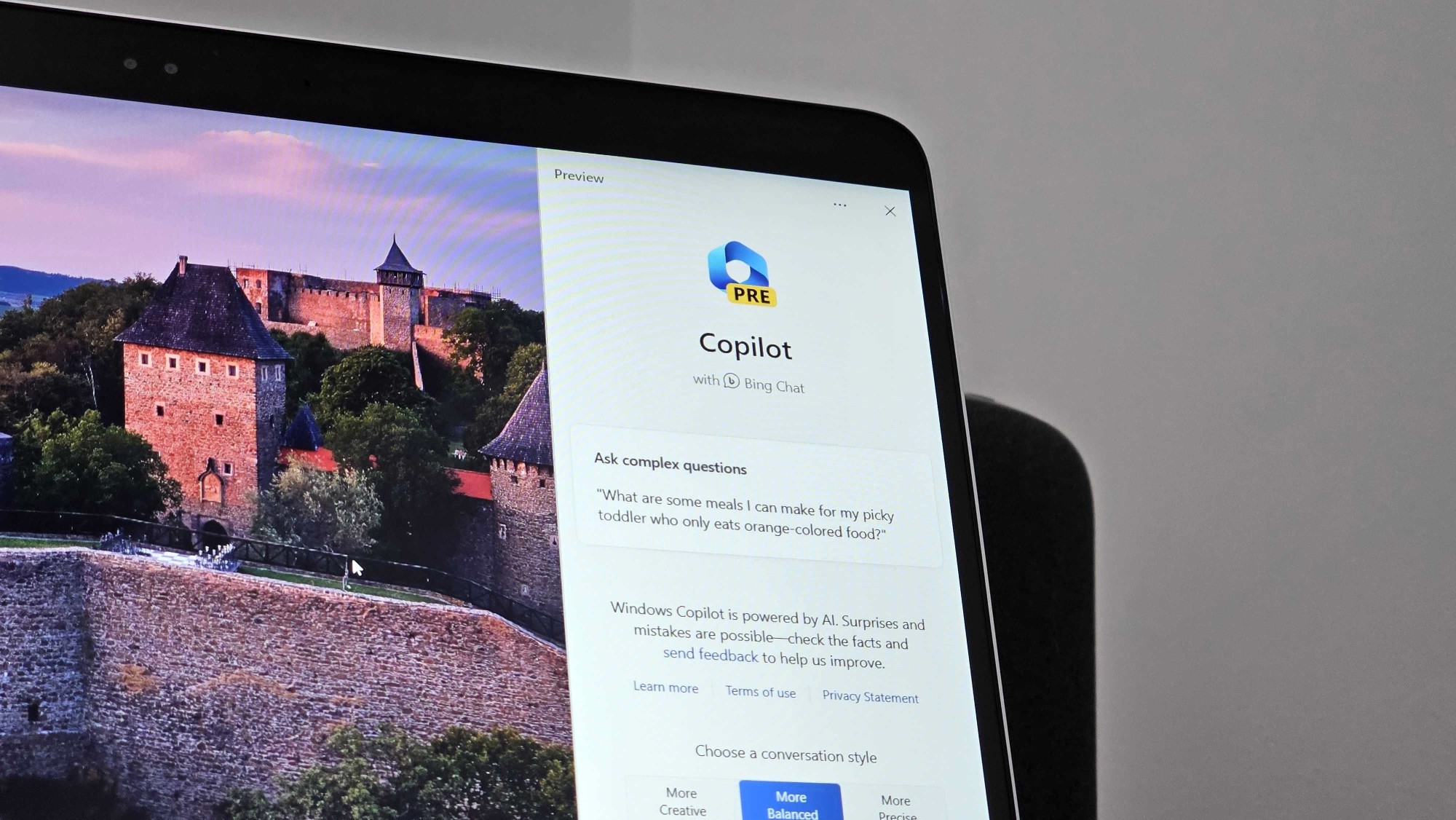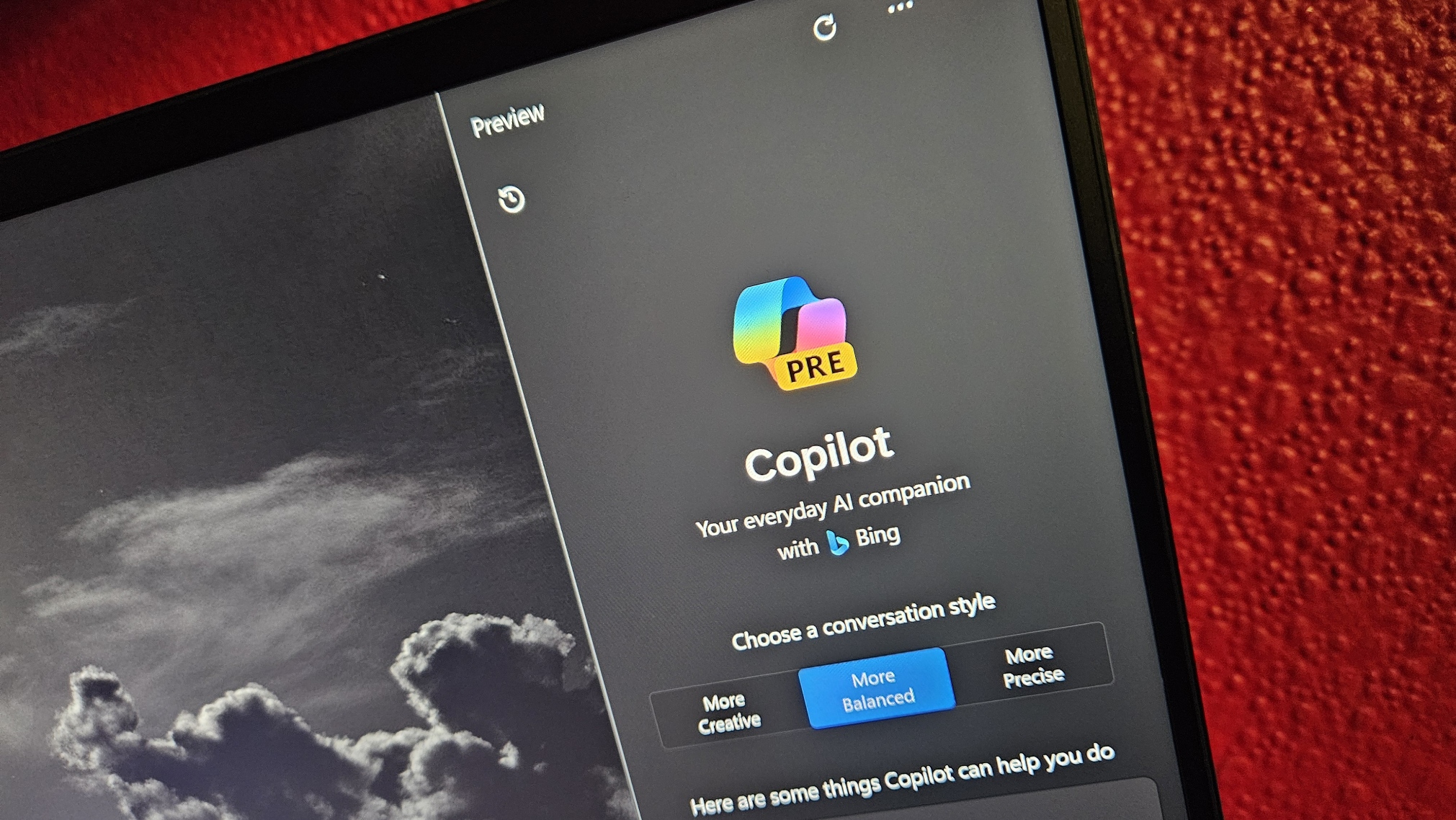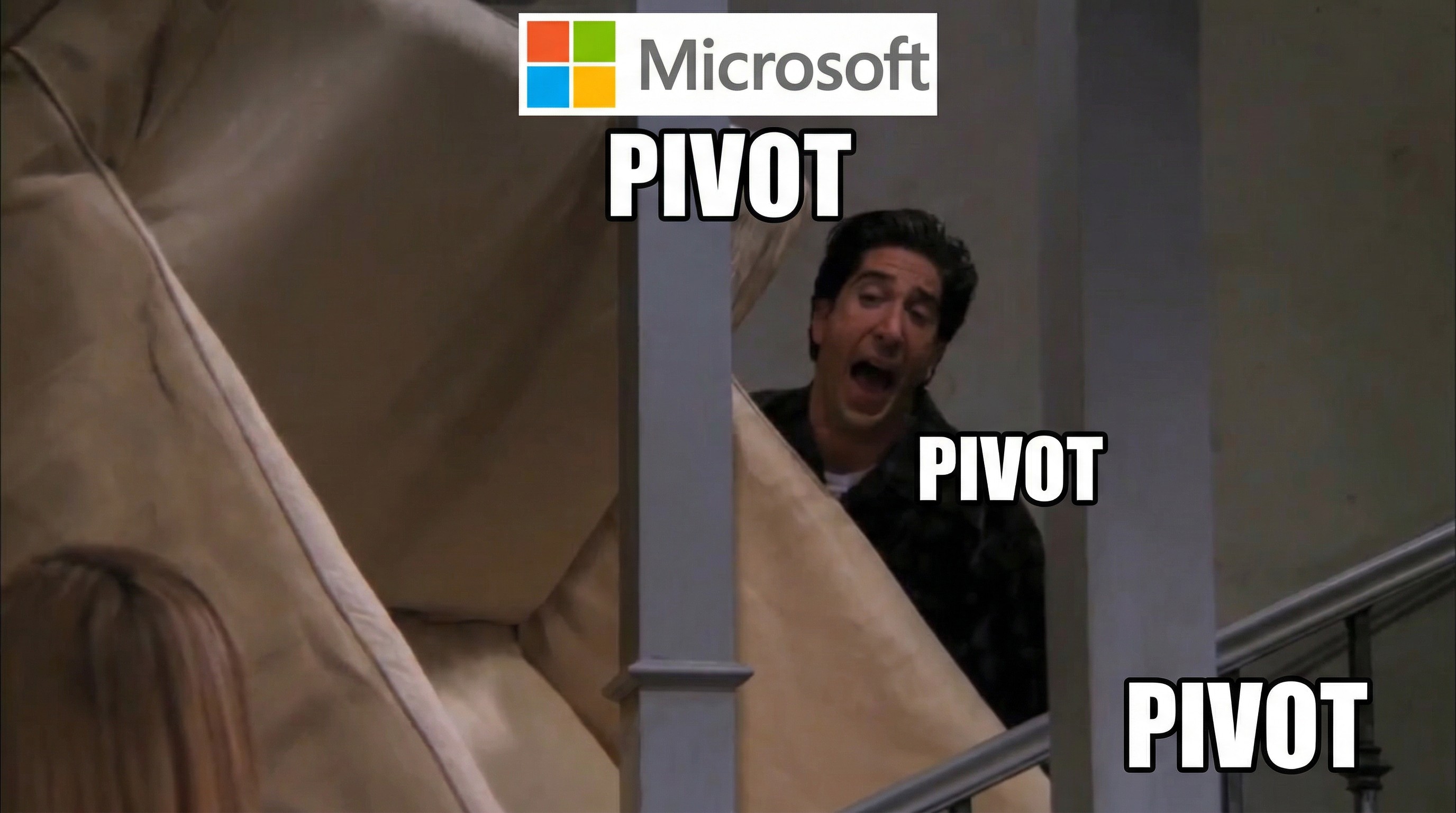Microsoft's latest Copilot coercion forced me through the five stages of grief over the death of the Windows 11 desktop
Windows 11 is now a monetization path for Microsoft and a billboard for the company's services.

What you need to know
- Windows 11 Insider builds recently started having Copilot launch automatically when booting up a PC.
- Microsoft began testing this functionality earlier this year before pausing it temporarily.
- Copilot will open automatically on wide screen PCs and the feature can be disabled through the Settings app.
- Microsoft's push to get Copilot in front of people has caused frustration for many users.
Windows Insiders started seeing a strange behavior on their PCs this week. Recently, some computers running Insider builds of Windows 11 saw Copilot open automatically when launching the operating system. Microsoft began testing the functionality earlier this year among Insiders but paused it temporarily, so some were surprised to see it pop up again.
Microsoft is eager to get people to try Copilot. The tech giant has rolled out several ways to summon the AI tools and is testing others. In addition to shortcuts like Windows + C, Copilot can also live within the Taskbar. Future PCs will feature a dedicated Copilot button as well. Microsoft is currently testing the option to open Copilot by hovering over its icon and swiping from the right of the screen opening the AI tool, despite that behavior currently being a way to open the notifications tray.
Having Copilot open automatically on wide screen PCs is one more way that Microsoft can put the tool in front of the face of users. Microsoft's Brandon LeBlanc mentioned that the behavior might be a bug, though it's not clear if that refers to the general functionality of Copilot opening automatically or the re-enabling of the feature among Insiders right now.
Where it began

Copilot opening automatically is not new to Windows Insiders, but it had been disabled temporarily. Microsoft began testing the behavior earlier this year but paused it until recently. The company is now re-enabling it for Insiders, as noted by Microsoft's Brandon LeBlanc.
We previously documented it back in Feb. in this blog post but temporarily disabled it - we're re-enabling it which is probably why you're seeing it now. https://t.co/y08M0uitHjApril 10, 2024
"After temporarily disabling this experience to fix an issue, we are trying out opening Copilot automatically when Windows starts on widescreen devices again with some Windows Insiders in the Canary and Dev Channels," reads a Windows Insider blog post.
"This can be managed via Settings > Personalization > Copilot. Note that this is rolling out so not all Insiders in the Canary or Dev Channels will see this right away. We’re trying this experience out on devices that have minimum diagonal screen size of 27” and pixel width of 1920 pixels and limited to primary display screens in multi-monitor scenarios. As a reminder, we regularly try out different experiences with Windows Insiders that may not ever ship, and others could show up in future Windows releases when they’re ready."
The post specifying the width of screens affected by the feature is handy, since Microsoft did not make it clear how wide a screen would have to be to have Copilot open automatically when it first announced the functionality.
All the latest news, reviews, and guides for Windows and Xbox diehards.
Grieving the death of the desktop

I want to be clear that Copilot opening on widescreen PCs automatically is not by itself enough to push me over the edge. But Microsoft's systemic push to convert the Windows 11 desktop into a monetization path and a way to push Microsoft services has driven me through denial, anger, bargaining, and sadness. I suppose to a certain extent, I have also reached a point of acceptance because I don't think Microsoft will stop doing what it's doing.
When Microsoft first started rolling out ads for OneDrive in the Start menu or prompts to use certain services, I figured it wasn't a big deal. I didn't like the ads, as I called them, but it wasn't the end of the world. A large portion of our readers and my colleagues didn't consider the prompts ads, so I denied it was a big deal.
Then, Microsoft got pushier. On top of pinning ads to the Start menu on Windows 11, the tech giant began testing ads within the Recommended section of the Start menu. There's a very real possibility that Windows 11 users will see a clean install of Windows 11 show pinned ads on the top of the Start menu, Recommended ads in the bottom, and other prompts to sign up for paid services throughout Windows.
Looks like the Start menu's Recommended section will be getting app promotions, similar to suggested apps in Start in Windows 10. This can be toggled off from Settings (Show recommendations for tips, app promotions, and more). pic.twitter.com/zYYnTKs9qwApril 9, 2024
For the sake of brevity, I'll just say there are several other angering decisions made by Microsoft related to the Windows desktop, including replacing a notification gesture with Copilot and showing full screen ads for Windows 11 on Windows 10 (even to ineligible PCs).
These infuriating decisions have led some to bargain with Microsoft. "If there were a way to pay a reasonable amount to have ads removed, I’d be thrilled," said user timwhite in our comment section. I've caught myself thinking the same thing, though I wonder how much money Microsoft would lose removing ads from consumer versions of Windows. I suspect the company would have to charge more than users would be willing to pay to have an ad-free version of Windows to make as much money as an ad-laden one.
After covering so many disappointing stories about Windows 11 lately, I honestly just felt sad when I saw another cross my news desk this morning. It's also saddening that Microsoft seems to not care about the frustration it's causing.
I think I have a while before fully accepting what Windows has become, a monetization path for Microsoft and a billboard for its services.

Sean Endicott is a news writer and apps editor for Windows Central with 11+ years of experience. A Nottingham Trent journalism graduate, Sean has covered the industry’s arc from the Lumia era to the launch of Windows 11 and generative AI. Having started at Thrifter, he uses his expertise in price tracking to help readers find genuine hardware value.
Beyond tech news, Sean is a UK sports media pioneer. In 2017, he became one of the first to stream via smartphone and is an expert in AP Capture systems. A tech-forward coach, he was named 2024 BAFA Youth Coach of the Year. He is focused on using technology—from AI to Clipchamp—to gain a practical edge.
